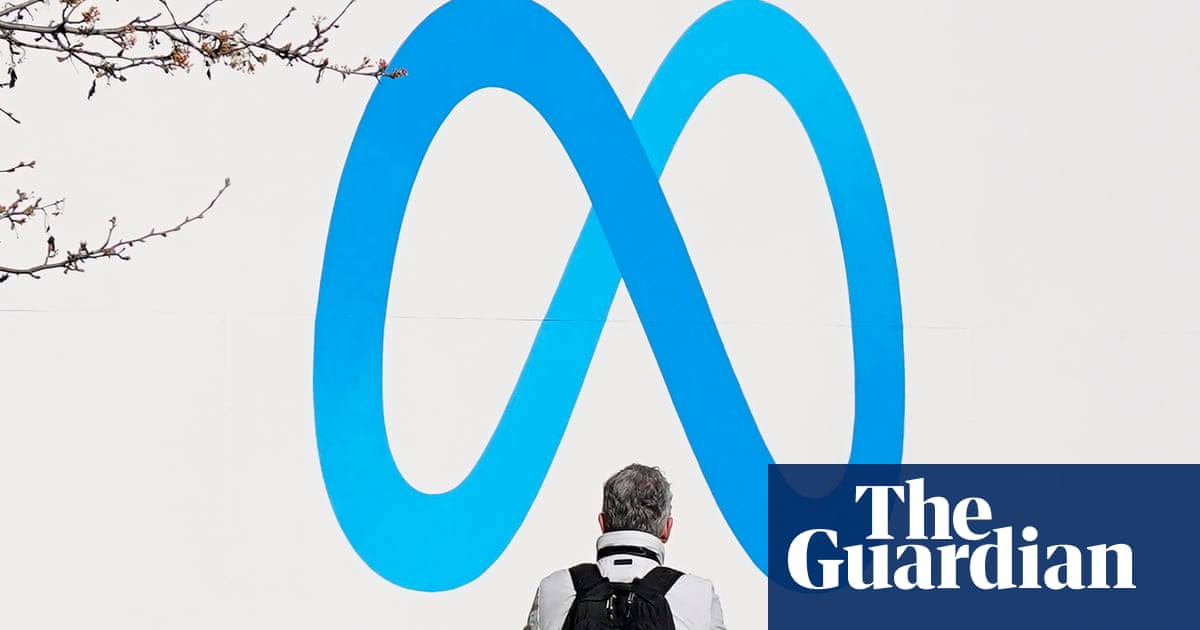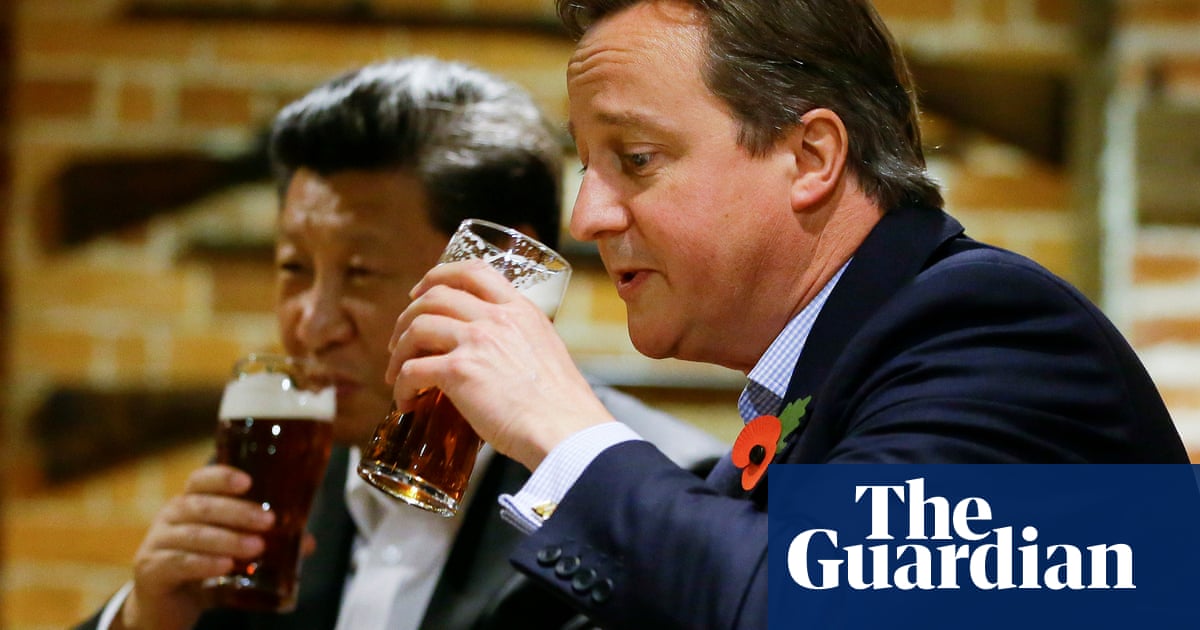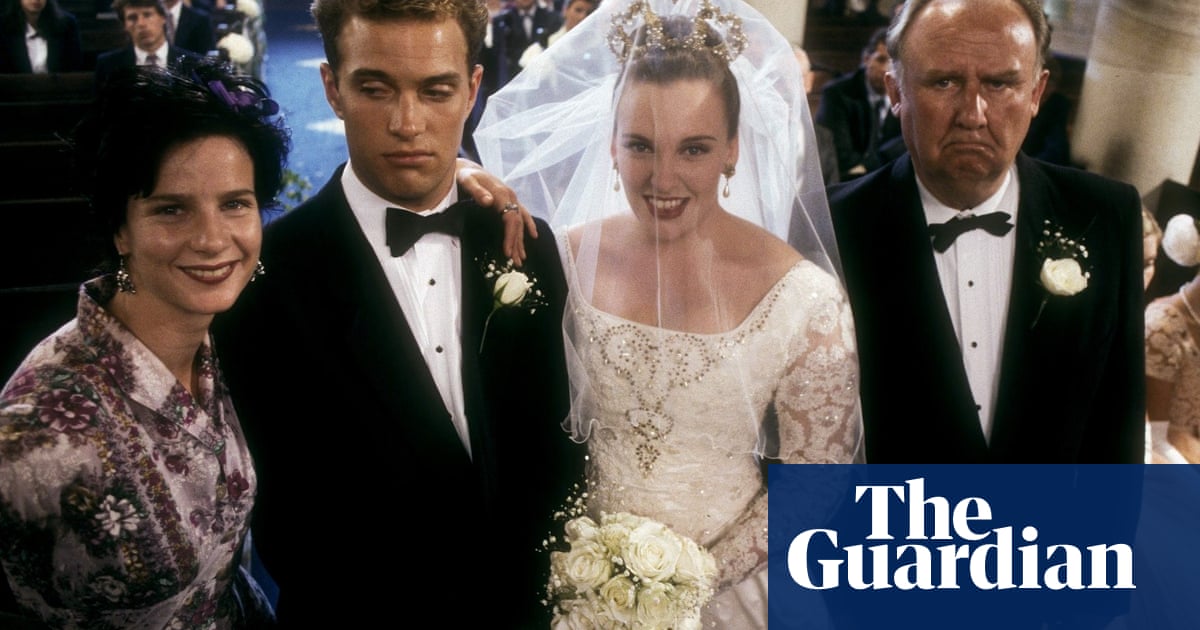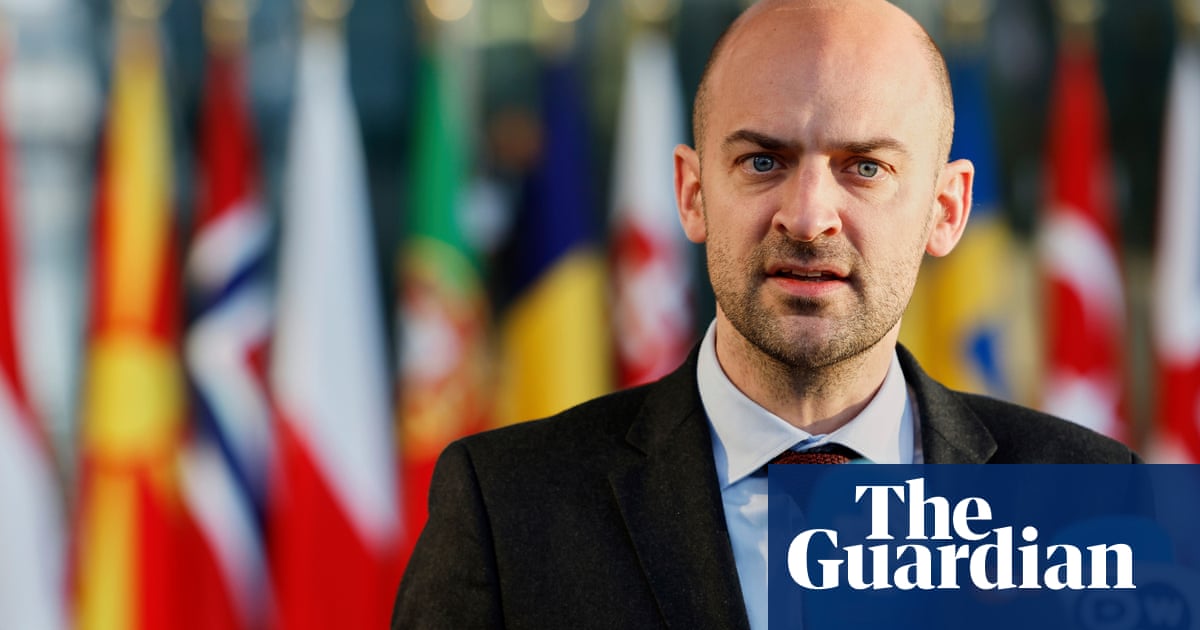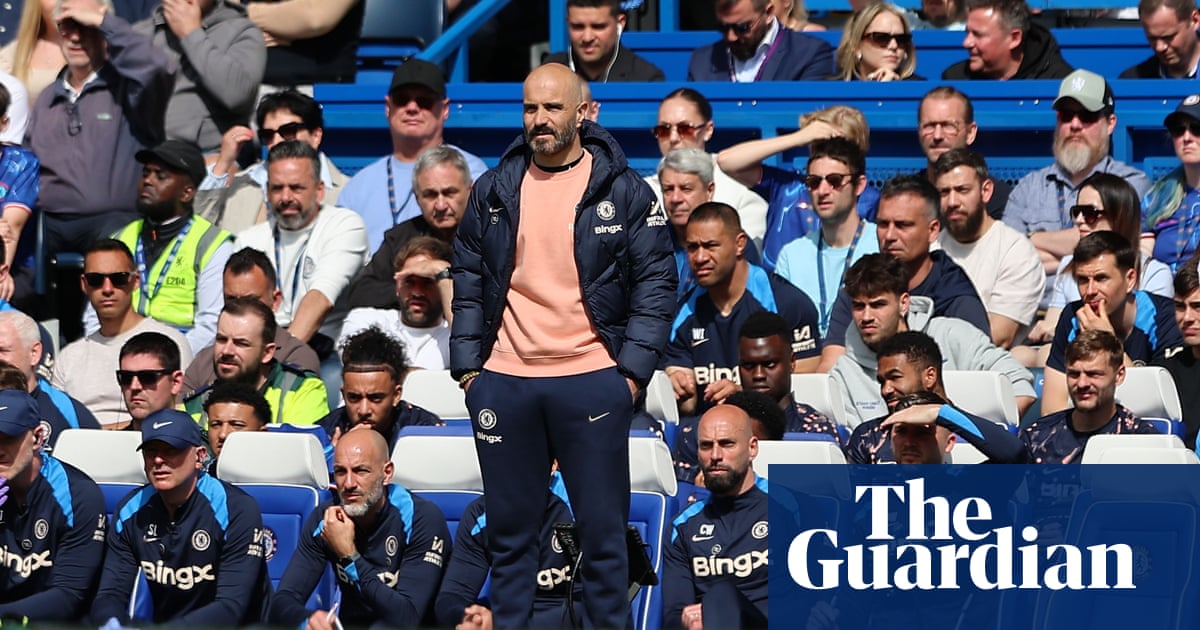Alas: that the infantile wrecker in the White House has “blinked” may be some relief; but the damage he is wreaking on his own country and the rest of us persists.
Amid the chaos, conspiracy theories abound. Is Trump a “useful idiot” of even darker forces? What has Putin got on a president who succeeds a long line of (mostly) admirable predecessors, who saw Russian leaders as enemies with whom they had to coexist, not as friends?
One conspiracy theory going the rounds is that “the tariffs are about manipulating share prices for him and his billionaire buddies to profit from fluctuations”. This theory was hardly dismissed out of hand when Trump stated “this is a great time to buy” after the stock market collapse.
True or not, the collapse of the bond market last Wednesday was something else, and precipitated a panic that almost took the smirk off Trump’s face. Yes, he most certainly blinked, having childishly boasted that some 70 countries were crawling to him to negotiate.
Most economists agree that the tariff war Trump has initiated is far more extensive in its threatened consequences than the notorious Smoot-Hawley tariffs of 1930. There are now serious fears of a world recession, or even depression, as “beggar my neighbour” policies return after being abandoned in reaction to the economic and political damage they caused in the 1930s.
Serious though the tariff war is, there is a danger it may distract attention from the wider crisis, namely that Trump and his sidekicks are presiding over a quasi-fascist state, with huge damage to the rule of law, democratic values and the lives and living standards of countless poorer nations being cut off from US overseas aid.
Which brings us to how Britain should respond. Does our government really wish to be as close to Trump as, sadly, Keir Starmer appears to want to be?
First, a little background. There is nothing new about Europe’s distrust of the US. The breakup of the Bretton Woods fixed exchange rate system in 1973 so alarmed European leaders that Chancellor Schmidt of West Germany and President Giscard d’Estaing of France joined forces with Britain’s Roy Jenkins, then president of the European Commission, to set up the European Monetary System in the late 1970s. This was intended to be a “zone of monetary stability” in the face of what became known as America’s “benign neglect” of the international monetary system. Its principal manifestation was the exchange rate mechanism (ERM), which evolved into the eurozone.
But what Trump has been up to is causing far more distrust of the US on the part of Europe than that 1970s experience. Gordon Brown, the hero of the successful coordination of G20 policies in 2009 after the 2008 banking crisis, is arguing for a similar coordinated effort – to ward off the global recession that many fear the tariff war could precipitate.
This, says Brown, means “working ever more closely with the EU – indeed, the changes under way in Europe make possible a collaboration that is even more extensive than removing the post-Brexit trade barriers”. On which issue, there are signs that the Germans and others would welcome us back into the customs union. Ministers talk about removing “unnecessary trade barriers”, but how long can they go on about self-imposed red lines when the biggest barrier to our trade has been the huge losses of export business caused by Brexit?
Er, that is to say, it was the biggest until Trump slapped a 10% tariff on most British goods exports to the US, 25% for steel, aluminium and pharmaceuticals, and more on vehicles. So much for cosying up to Trump.
EU protectionism? Nobel laureate Paul Krugman points out that, in 2024, the average EU tariff on US goods was 1.7%, against an average US tariff on EU goods of 1.4%. Hardly serious.
Now that the US is disengaging from its traditional relationship with Europe, it is obvious that, for defence and security reasons, the UK needs to be closer to the EU; indeed, there are already stirrings in that direction. But it is also obvious that a government that is desperately seeking to put flesh on the bones of its growth policy needs to recognise that its economic interests also require the abandonment of those red lines about not rejoining the customs union and single market.
Trump has already demonstrated to Starmer that he cannot be trusted, whether or not our prime minister kowtows to him.
Finally: a little light relief. Martin Bell, the former BBC international correspondent and independent MP, has sent me this clerihew:
“His tariffs were imposed on every nation
Regardless of their size and population
His people sang a plaintive song
‘The penguins have abused us for too long.’”

.png) 1 day ago
6
1 day ago
6




